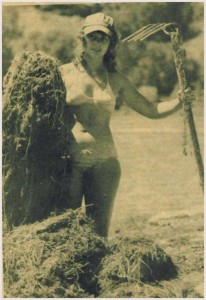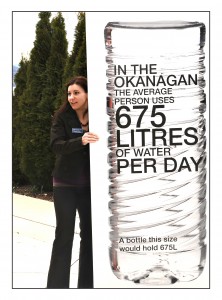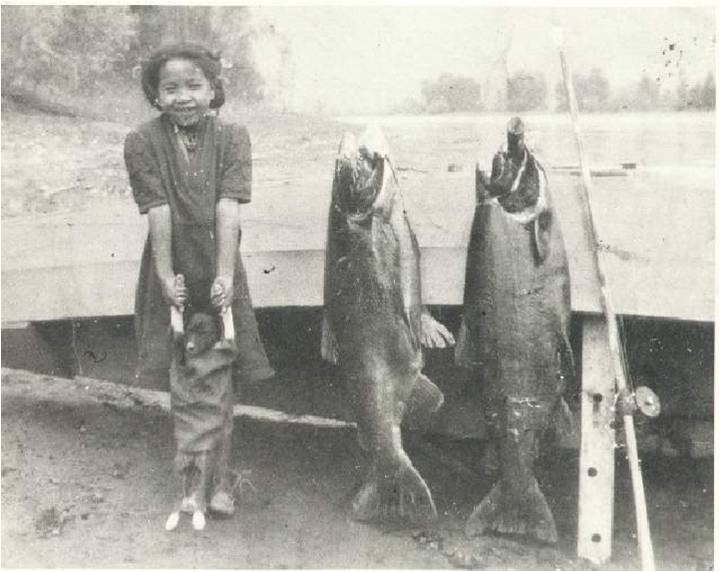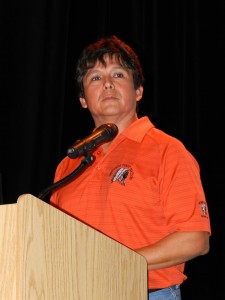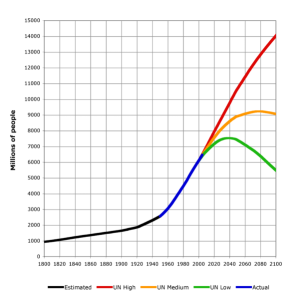It’s startling (and creepy) to swim into a milfoil bed – an unexpected brush against your side, a light tug at your ankles …Yikes! Is that a fish?... Some people won’t swim in the lake; and American newspapers even publish stories about “milfoil-related” panics and fatalities. We don’t want lakes to be like swimming pools, but it’s disconcerting to know that this invasive plant is here to stay, and we have to learn to live with it.
This post is about living with change – changing landscapes, changing water supplies, changing culture and population. We have to be ready and able to change too. What can we save? Where should we throw the greatest effort? Who will lead?
The globalization of weeds (and weedy animals) seems unstoppable, coming wave after wave. As a student, I felt an overwhelming sense of responsibility and occasional despair. I imagine it’s the same for students of glaciology – watching the melt. Invasive species are a lot like climate change. Continue reading

